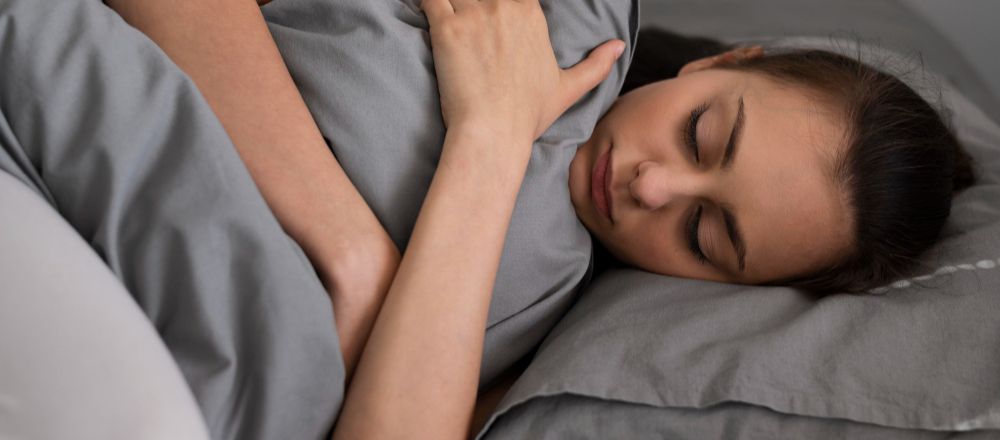What Is Sleep Hygiene & Why It is Important
- Posted On: May 15, 2024
- Posted By: admin

Sleep hygiene is one of the most straightforward ways that you must include to make yourself feel relaxed and active. Every individual must keep up their sleep hygiene practices to meet their daily needs. Make sure that you harness positive habits to get a sound sleep throughout the night. Strong sleep hygiene means having a bedroom environment, uninterrupted sleep, and daily routines that promote consistency.
Why Is Sleep Hygiene Important?
Healthy sleep is important for both physical and mental health and is helpful to improve productivity and overall quality of life. Everyone, from adults and children, can get better sleep, by making sleep hygiene a key part in achieving their goal. Good sleep hygiene includes forming healthy habits, and optimizing your bedroom for sleep, setting a strict sleep schedule, following a bedtime routine. Sleep hygiene alone will not cure sleep problems, so ask to your physician about concerns. Poor sleep hygiene can negatively impact both sleep quality and quantity.
What are the Signs of Poor Sleep Hygiene?
Experiencing frequent sleep disturbances makes it hard for you to fall asleep properly. If you are suffering from daytime sleepiness is the most important sign to understand that you have poor sleep hygiene. An overall lack of consistency in sleep quality is also a symptom of poor sleep hygiene.
Impact of Sleep Hygiene
If you are following healthy habits and getting quality sleep then it is normal to experience occasional late-night or interrupted sleep patterns. When poor sleep impacts your daily routine and overall health especially considering that more than one-third of adults are not getting the recommended amount of sleep on a regular basis.
Short and Long-Term Consequences of Poor Sleep
There are several short-term consequences of sleep disruption including emotional distress, mood disorders, and increased stress. Also, reduced quality of life, and cognitive, and memory, results in performance issues in healthy adults. When sleep disruption becomes a long-term problem, you can face an increase in hypertension, dyslipidemia, weight-related issues, type 2 diabetes mellitus, cardiovascular disease, and gastrointestinal disorders, among others.
Remedies and Treatments for Insomnia
There are several treatments for insomnia that you can try at home. You may be able to improve the quality of your sleep by changing some of your habits and routines. Common causes of insomnia include uncomfortable sleeping conditions, like beds, temperature, or light, noise, drug use, stress, anxiety, or depression, Irregular shift work hours, alcohol, caffeine, or nicotine.
Exercise: Exercise is good for your overall health and improves your quality of sleep. It releases endorphins in your body which allows you to wake up energized. You can include some daily physical activity in your routine which will be the best remedy for insomnia.
Sleep Hygiene: You must get good sleeping habits and sleep hygiene that will help you overcome insomnia or sleeping difficulties. You must also avoid napping throughout the day. You should set a regular bedtime and a regular time to wake up this will allow your body to get into the good habit of sleeping.
Nutrition: What you drink and eat plays a vital role in improving your sleep quality. Eating a healthy diet has many benefits, but make sure you do not eat big meals within a couple of hours of bedtime.
You must avoid drinking caffeine by mid-afternoon and avoid alcohol after dinner. Following such tips will help you in getting proper sleep and maintaining a healthy lifestyle.